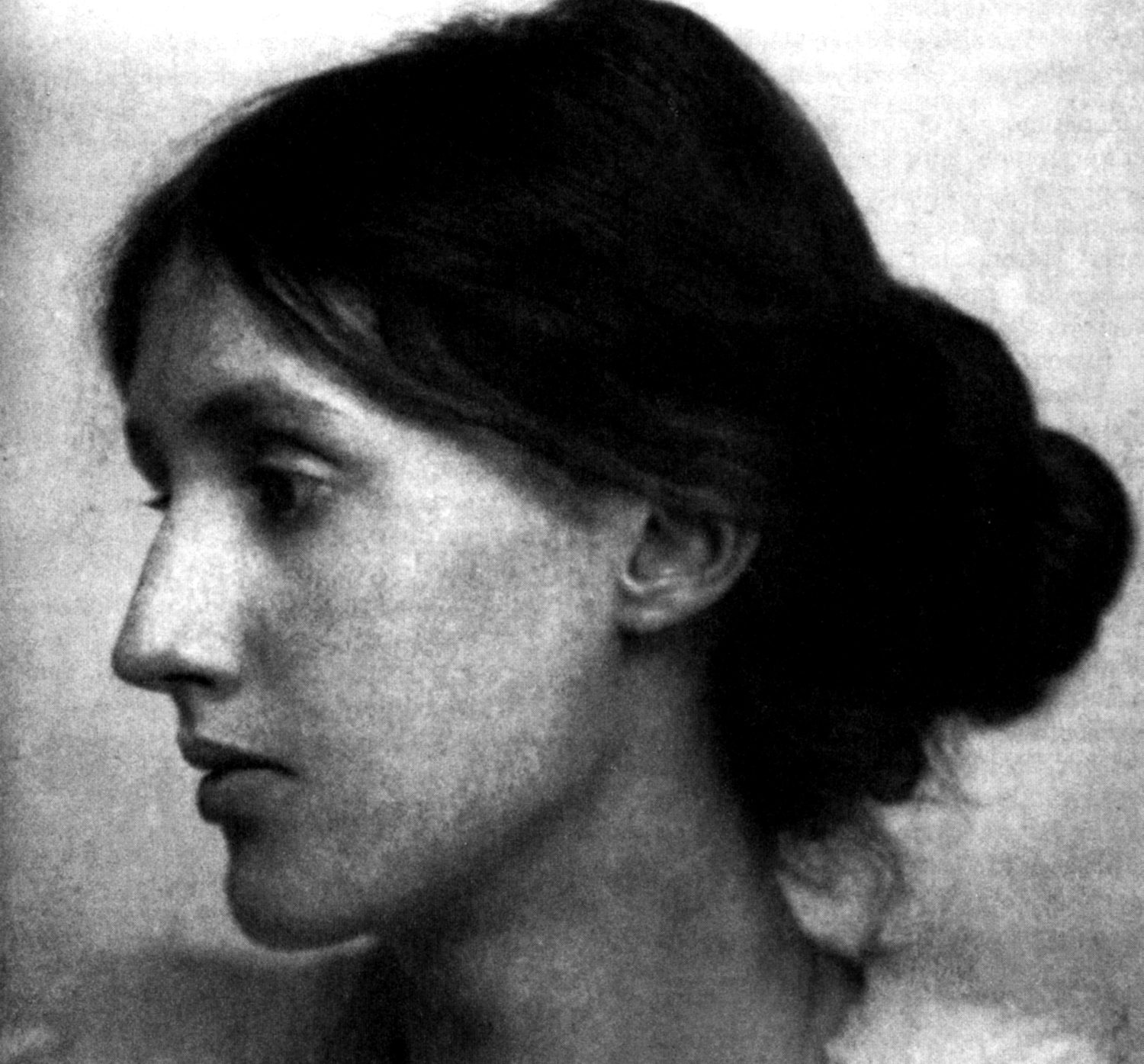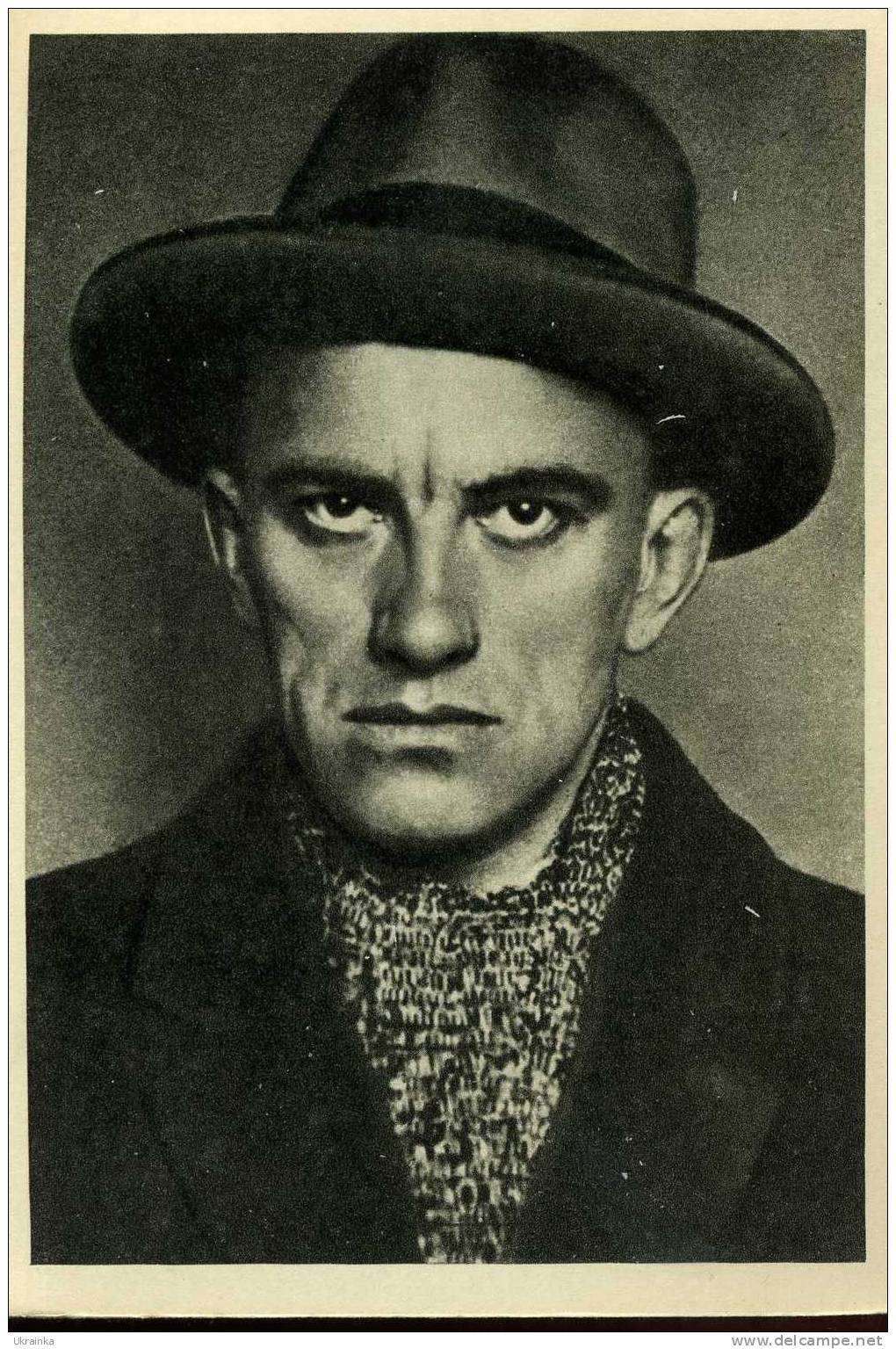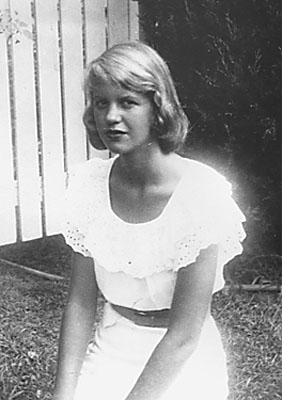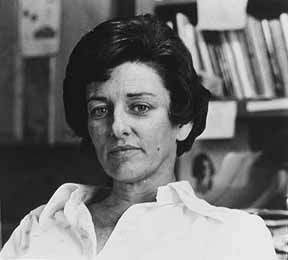Suicide is a word strongly associated with artistic people. It not just happened to be so - the long lists of suicidal writers, singers, painters, dancers and philosophers can hardly discredit this idea. I assume that in some cases, the inborn empathy, which is the source of artistic creativity, is as much of a gift as it is a curse...
Depression seems to be a connecting thread between many famous writers who decided to tear off its end by saying goodbye to life. Sometimes it was a simple way out of boredom, or severe illness, but sometimes it was a result of despair, of being driven into a corner, of feeling trapped, of having to step on the throat of one's own song... The motivation for some writers' suicide is still widely debated and maybe it will never be all cleared.
Until it is, here is the list of some of the greatest writers who commited suicide. There are, of course, many of those who did it, but in this list I tried to put the very creme de la creme. It is a funny feeling to see that even in death writers compete in creativity with each other.
Virginia Woolf, age 59: filled her pockets with stones and drowned herself in the river
It may sound horribly cynical, but it's difficult to imagine other end for Virginia Woolf. Early in her life, she suffered from sexual abuse which most likely was the cause of her mental instability. Numerous nervous breakdowns, several suicide attempts, her frigidity and absence of female and maternal happiness steadily built up toward the moment when she finally gave up on life on March 28, 1941.
Stefan Zweig, age 61: suicide pact with his wife
Just few years before the suicide, Zweig was leading a full life: he was a world famous writer of standing reputation, a successful novelist and biographer, friends with Thomas Mann, James Joyce and Sigmund Freud, happily married... But being Jewish made him feel all the trials and tribulations of the Hitler regime. In 1934 Zweig left Austria to England but then, due to swift advances of Hitler's troops, he and his wife crossed the Atlantic ending up in Latin America. Zweig was not simply afraid for his life - his biggest fear was that the world would eventually submit to Nazism, leaving no hope for the future of humanity. Having drowned in utter and complete desperation, he and his wife died together of drug overdose. They were found holding hands.
Marina Tsvetaeva, age 48: hanged herself
The young years of Tsvetaeva were cloudless. She came from a very respectable family, got excellent education, was fluent in Russian, Italian, French and German, published her first collection of poems at the age of 18, and got happily married to another poet, Sergei Efron. However, her perfect life turned topsy-turvy after the civil war: her husband was sent into exile and executed, one of her daughters starved to death, another one got arrested, and she herself was evacuated to Tatarstan where she hanged herself leaving a heartbreaking death note to her son:
"Forgive me, but to go on would be worse. I am gravely ill, this is not me anymore. I love you passionately. Do understand that I could not live anymore. Tell Papa and Alya, if you ever see them, that I loved them to the last moment and explain to them that I found myself in a trap."
Vladimir Mayakovsky, age 36: shot himself
One of the major representatives of Russian futurists, the enfant terrible, Mayakovsky was also a supporter of the Bolshevik revolution. On the contrary to this fact, Mayakovsky was not supporting the Reds and saw himself as a proletarian writer. The year 1930 was literally a big fail for Mayakovsky: his personal exhibition was ignored by all notable literators, his play 'The Bedbug' was very unsuccessful on stage, and rumour had it in the literary cirlces that Mayakovsky merely 'wrote himself out'. He was constantly surrounded by quarrels, scandals and gossips, and on April 14, 1930, unable to bear the pressure, he shot himself in the chest. Mayakovsky didn't die playing Russian roulette - this is another rumour. He left a note that started with probably the most famous suicide line ever written:
"Dont gossip [about my death]. The deceased hated gossip."
Ernest Hemingway, age 62: shot himself with his favourite gun
Underneath his masculine image, Hemingway was suffering from depressions throughout his whole life, and was generally inclined to suicide. In fact, his whole family had a long suicidal history: Ernest's father Clarence commited suicide, just like his own father had. Hemingway's brother Leicester, sister Ursula and, later, granddaughter Mariel succembed as well, so the very lovely idea of suicide ran in Hemingway's genes.
Sylvia Plath, age 30: poisoning herself with carbon dioxide
Plath continuously suffered from severe depression. She has been through electroconvulsive and insulin shock therapy but her suicidal ideation remained untouched, and so she further attempted to succumb various times. As the matter fact, in all of these attempts she tried to be as diverse and creative as only possible. She was a poet, after all. So she used to come up with all kind of stuff: slashing herself, overdosing with sleeping peels, running the car off the road, et cetera, until one day she sealed herself in the kitchen, put her head in the gas oven, and turned the gas on. She left behind two little children that were with her in the same house when she finally succeeded in killing herself.
Hunter S. Thompson, age 67: shot himself
It is hard to understand why would anybody commit suicide having already lived so long, but it seems like that was the very reason for Thompson's desicion: life bacem too long and too boring. His final words were:
"No More Games. No More Bombs. No More Walking. No More Fun. No More Swimming. 67. That is 17 years past 50. 17 more than I needed or wanted. Boring. I am always bitchy. No Fun - for anybody. 67. You are getting Greedy. Act your old age. Relax - This won't hurt."
Jerzy Kosinski, age 57: asphyxiated himself with a plastic bag
Kosinski was an extremely successful Polish-American novelist, literary award winner, bestselling author, with his works translated into over 30 languages. However, at the end of his life, Kosinski's health was severely undermined, putting him through irregular heartbeat and physical and nervous exhaustion, also caused by accusation in plagiarism. He ceased to live on May 3, 1991, when he overdosed himself with drugs and alcohol, and, just to be sure of successul outcomings, wrapped a plastic bag around his head and suffocated to death.
Anne Sexton, age 45: poisoned herself with carbon monoxide
Sexton was fighting a long battle against depression, suffering from mental illness and having suicidal tendencies throughout her whole life. She went through therapy, and her therapist Dr. Orne was, in fact, the one who encouraged Sexton to start writing poetry. Good adviser, bad therapist - Dr. Orne used hypnosis and anesthetics to recover her quasi repressed childhood memories, and struggled to diagnose whether she was suffering from bipolar disorder or histeria. But Sexton was definitely suffering from something: reportedly, she was physically violent with both of her children and her husband, and apparently even sexually assaulted her elder daughter Linda.
Sexton died on October 4, 1974. She put on a fur coat belonging to her mother, drank a glass of vodka, went to the garage and started the engine of her car, dying from carbon monoxide poisoning.
At that time, Sexton's poetry collection
The Awful Rowing Toward God was about to be published, and she never wanted the world to see it before her death. So maybe she just couldn't wait until the book was published.
John Kennedy Toole, age 31:
Toole was an English teacher aspiring to become a writer. He submitted his first novel to a publishing house Simon & Schuster where it got rejected due to its 'essential pointlessness'. Unable to face the rejection, Toole ended his life by attaching a garden hose to the tailpipe of his car, running it into its window, and dying from the exhaust. For the next decade, his poor mother would obsess about getting his manuscript published. When she succeeded, her son was posthumously awarded the Pulitzer Prize in 1981.





































